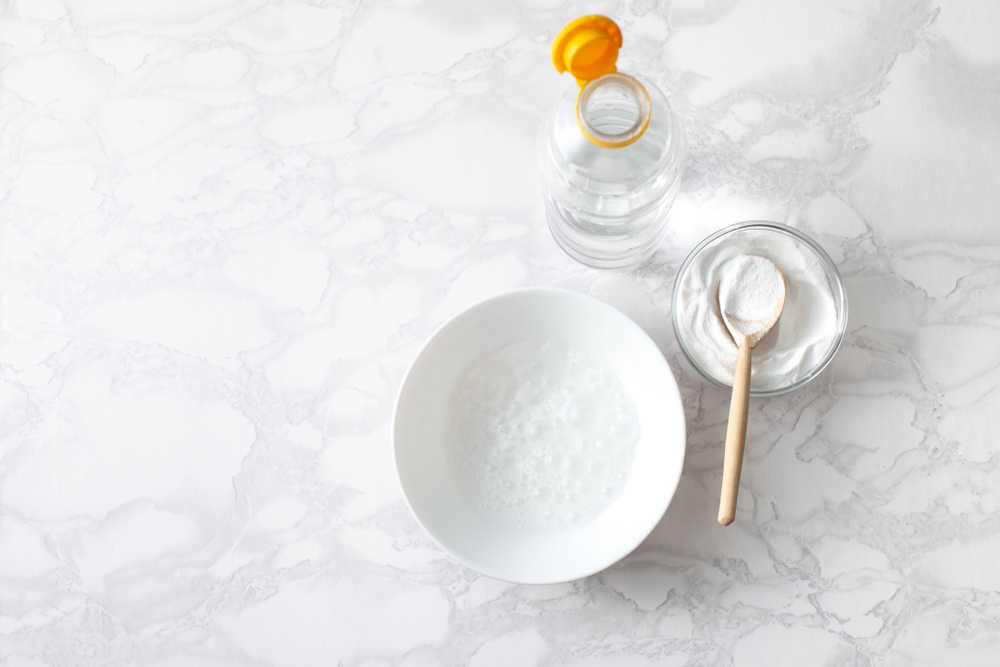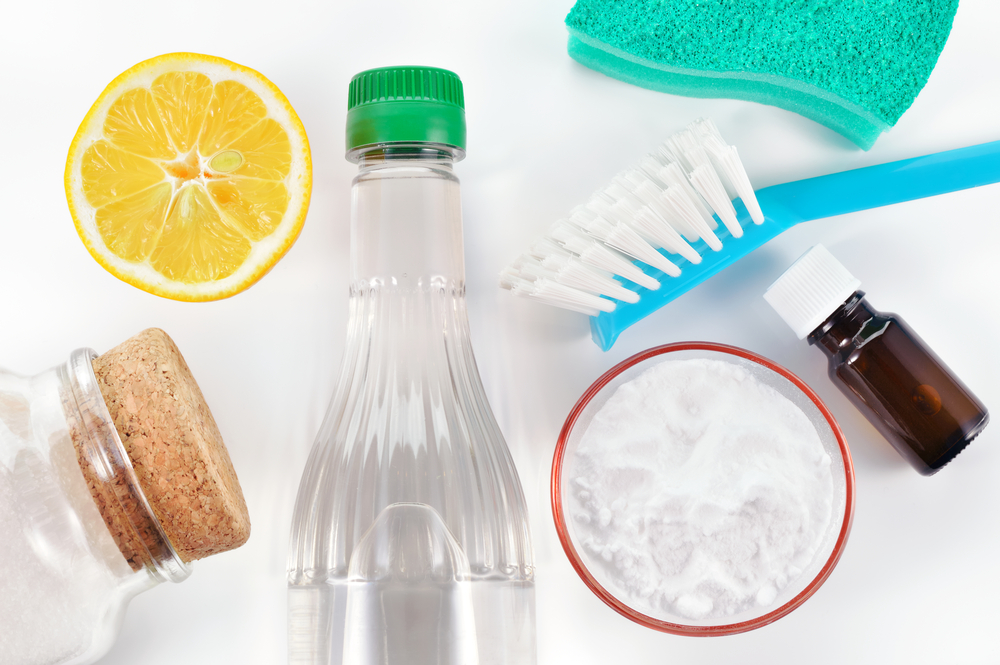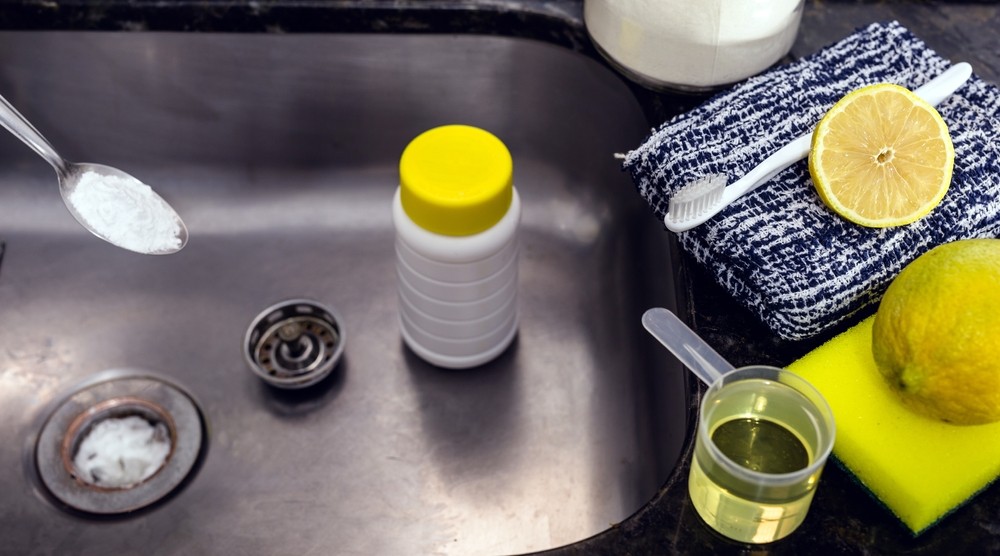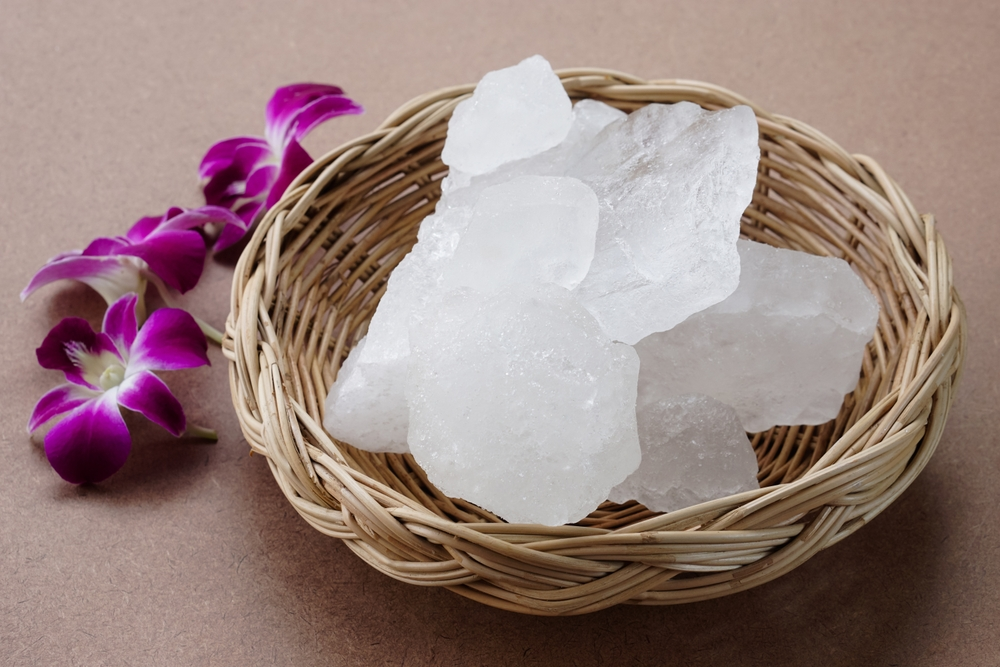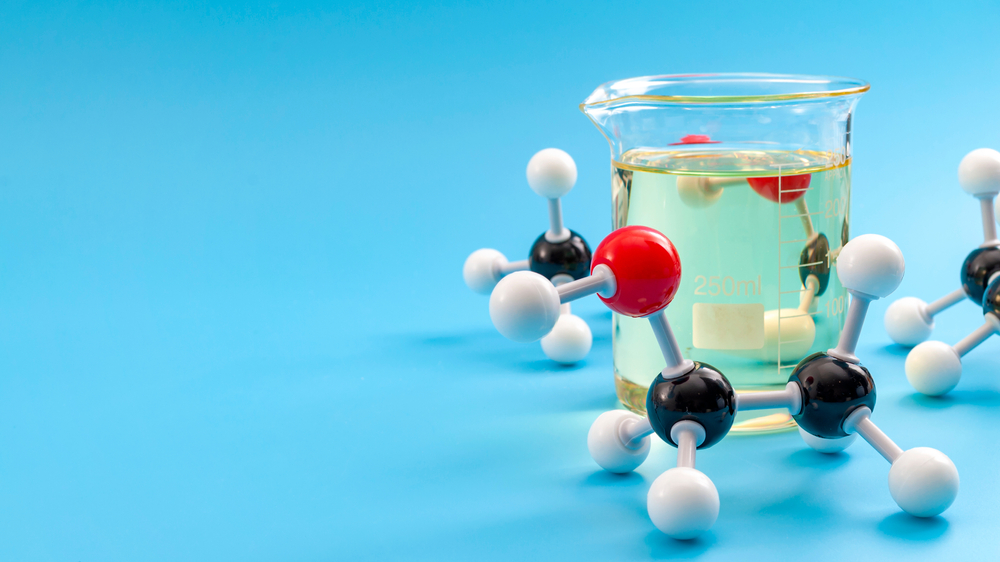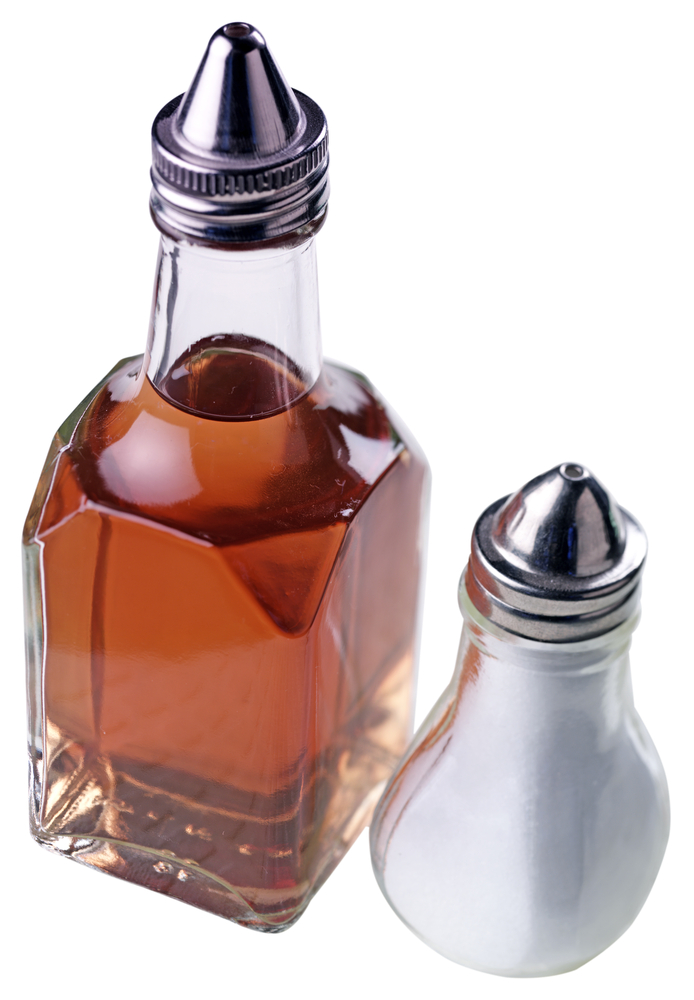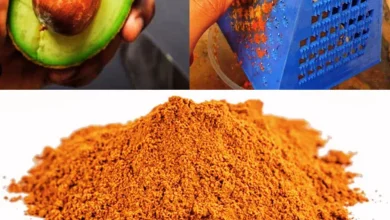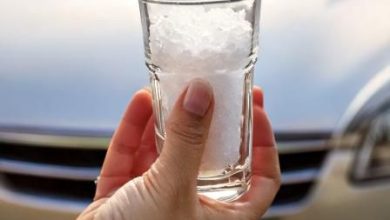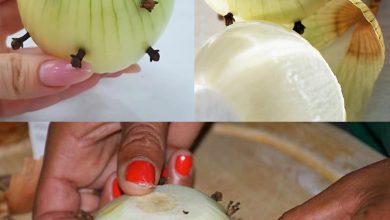13 Innovative Ways To Use Salt and Vinegar Around The Home
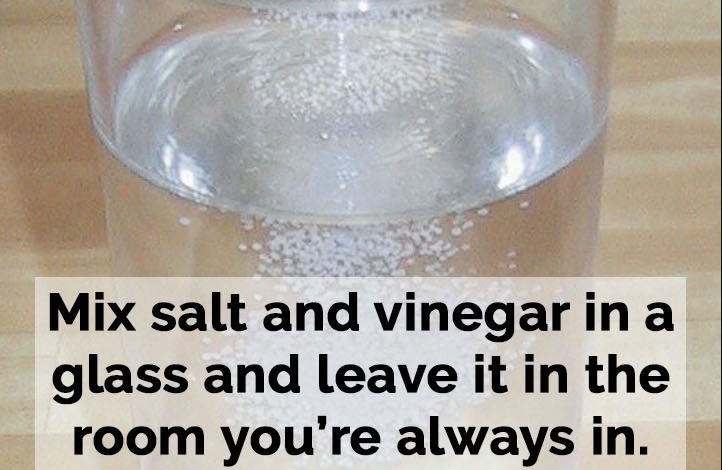
Let’s explore the surprisingly wide range of uses for salt and vinegar around the house. While we often enjoy them together as a tasty snack on chips, their combined power goes far beyond the kitchen.
Freshening the Air with Salt and Vinegar
One common use for salt and vinegar is as a natural deodorizer. Instead of relying on baking soda in your refrigerator or other areas of your home, try placing a small bowl or glass filled with a mixture of salt and vinegar. This simple solution can help absorb unwanted odors and freshen the air.
Reviving Old Bricks with Vinegar
Vinegar, on its own, is a versatile cleaner. It can even be used to brighten up dingy-looking bricks, whether they’re inside your home or part of an outdoor feature. Just mix distilled white vinegar with water in a spray bottle. Spray the brick surface and let it sit for about ten minutes. Then, using a cloth or scrub brush, wipe the mixture away. This simple process can revitalize the appearance of your brickwork. Remember, you can also use apple cider vinegar to help treat a dog’s ear infection, but always consult with a vet first.
Unclogging Drains with Salt and Vinegar
When salt and vinegar are combined, they become even more powerful. This dynamic duo can be used for a variety of cleaning tasks, including brightening laundry, removing stubborn stains (as noted by HowStuffWorks), and even unclogging a slow-draining sink.
Removing Corrosion from Brass with Salt and Vinegar
Salt and vinegar are also effective at removing corrosion and tarnish from brass. GrandBrass.com recommends a “1 to 1” ratio of warm vinegar to salt. For example, you could use two cups of warm vinegar and two tablespoons of salt. Warm the vinegar in the microwave for about a minute and a half, but be careful when handling it as it will be hot. Soak the brass pieces in the warm salt and vinegar solution for a while. Then, use a scouring pad and running water to scrub away the tarnish. Finally, let the brass air dry completely.
Fun Science Experiments with Salt and Vinegar
The chemical reaction between salt and vinegar makes them a great tool for fun and educational science experiments.
Growing “Rock Formations”
You can create impressive crystal formations using salt, vinegar, and a little food coloring. Mix one-quarter cup of salt with one cup of boiling water and two tablespoons of vinegar. Add food coloring to a sponge and pour the salt and vinegar mixture over it. Repeat this process over several days, and you’ll be amazed at how quickly colorful “rock” formations grow, as explained by Sciencing.com.
Creating Sodium Acetate
When salt and vinegar combine, they create a chemical compound called sodium acetate. This compound has many uses in industries like food and manufacturing. Interestingly, it’s also found in hospital IVs, where it helps hydrate patients and balance their electrolytes, according to PubChem.
The Power of Vinegar Alone
Vinegar is a powerful agent on its own, too. Some people use it to deter ants and kill weeds. A spray bottle filled with vinegar can be a helpful tool to keep ants away from picnics or outdoor meals.
Cleaning Scissors with Vinegar
Cleaning scissors with water can sometimes lead to rust. Vinegar, however, can clean sticky messes and prevent rust at the same time.
Perfectly Hard-Boiled Eggs with Vinegar
Adding two tablespoons of vinegar per quart of water before boiling eggs can help prevent them from cracking. The vinegar also makes the eggs easier to peel later. However, some people find that vinegar can slightly alter the taste, so use it sparingly.
Improving Hair Health with Vinegar
A weekly rinse of vinegar and water can improve hair health by removing buildup from the scalp. Mix one to two tablespoons of vinegar (apple cider or white vinegar are popular choices, but you can use any type) with one cup of water. Pour the mixture over wet, shampooed hair, massage it into the roots, and then rinse thoroughly. Follow with your regular conditioner. This age-old remedy can make hair shinier and healthier.
Soothing Bug Bites with Vinegar
Vinegar is also said to help reduce itching and irritation from bug bites. Simply dab a small amount of vinegar onto the bite. However, avoid using vinegar on open wounds, as it can cause burning and further irritation. When hiking, camping, or spending time outdoors, you can even spray yourself with apple cider vinegar (or keep some nearby) as a natural bug repellent.
Salt and vinegar are indeed a versatile combination. From cleaning and deodorizing to science experiments and personal care, their uses extend far beyond the familiar flavor of salt and vinegar chips.
